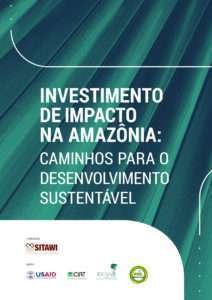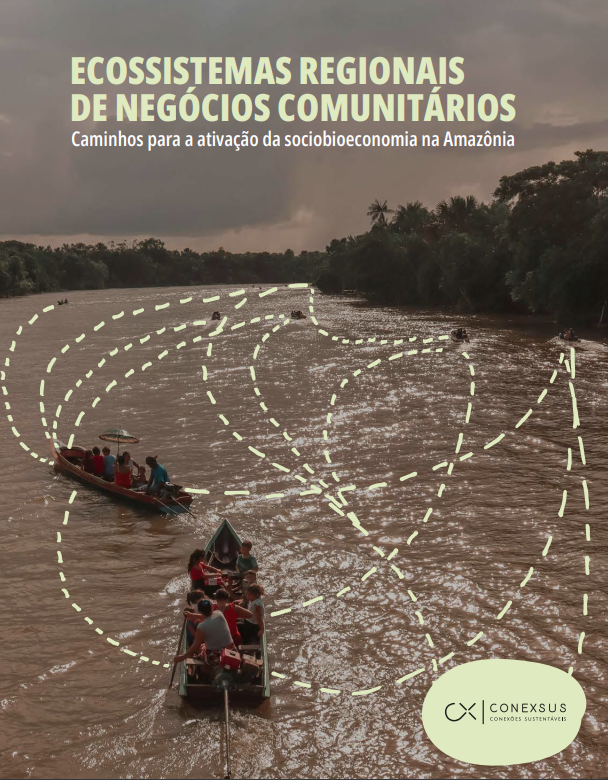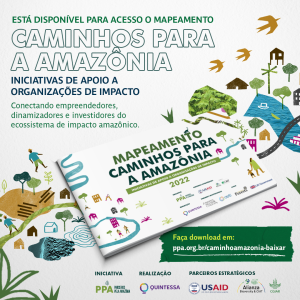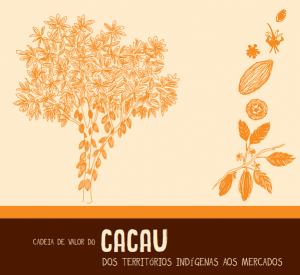This study assesses a range of financial instruments and mitigation strategies that, together, can help achieve the environmental, social and economic outcomes that the region needs. It also analyses the value chains with potential for positive socio-environmental impact and the different types of entrepreneurs who work, or could work, in these chains. Finally, it looks at the characteristics of the types of investors that could be attracted to transform the economy of the Brazilian Amazon. The main conclusions of the study include the identification of challenges such as the low level of impact investing in the region, the lack of credit for risk investments, the limitations in government support and, especially, the inefficiency of the support ecosystem currently present in the region to promote a sustainable economy.
On the positive side, the presence of a large number of actors (civil society organizations, donors, funders, and government – particularly the Brazilian federal government) provides a solid foundation for developing the impact investment ecosystem in the Brazilian Amazon. In addition, some Amazon value chains have high potential value, with international markets that are either already established (such as Brazil nuts or timber) or are growing rapidly (such as açaí pulp).
Based on these findings, we identify potential opportunities and next steps, which include attracting new investment actors through risk mitigation approaches such as mezzanine financing and non-returnable financial support for technical assistance and capacity building. These risk mitigation strategies should be incorporated into financial mechanisms designed for specific types of entrepreneurs and in predetermined value chains to maximize their effectiveness.





